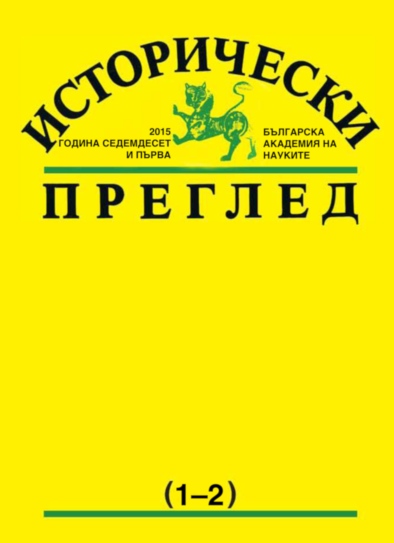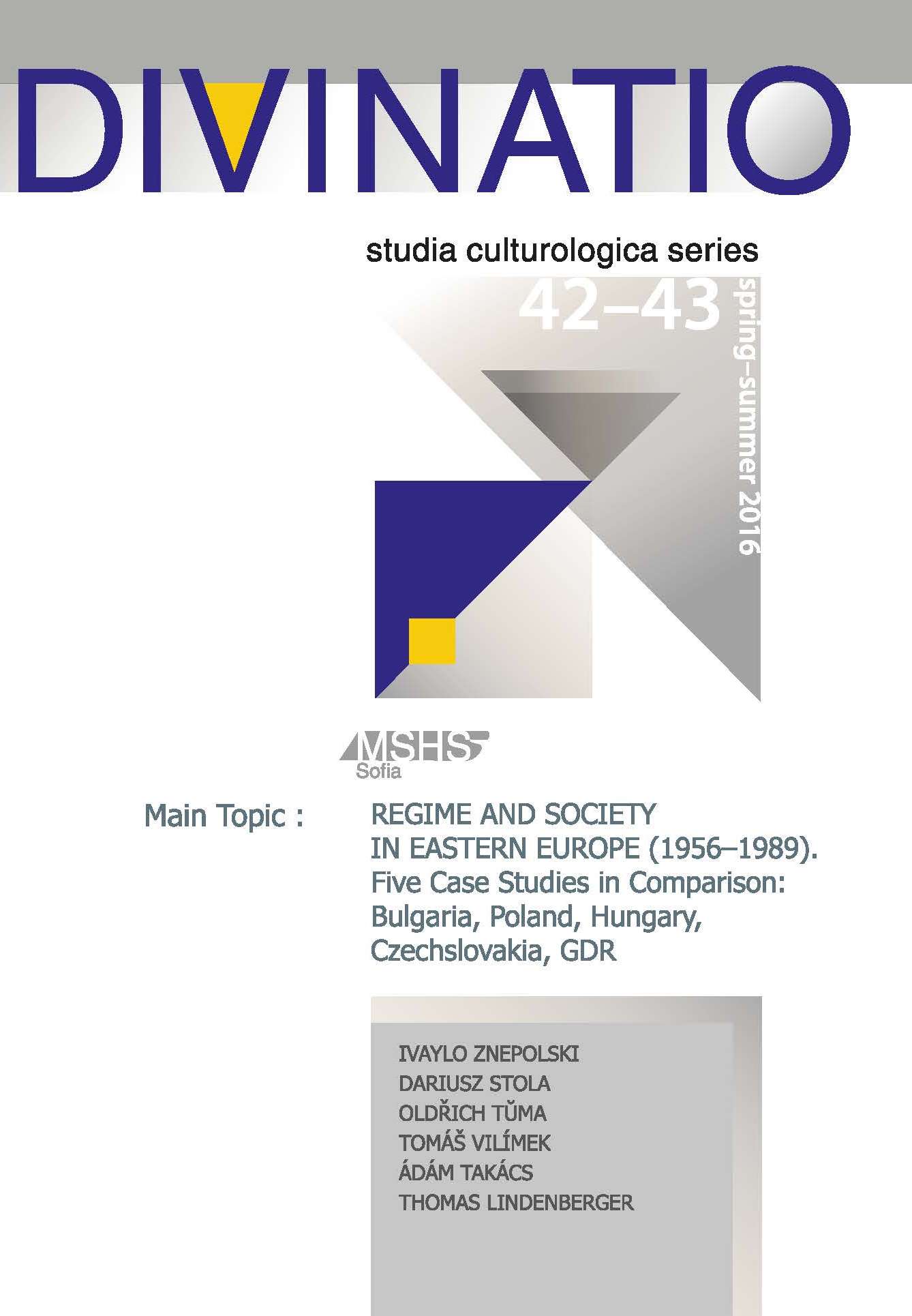
We kindly inform you that, as long as the subject affiliation of our 300.000+ articles is in progress, you might get unsufficient or no results on your third level or second level search. In this case, please broaden your search criteria.






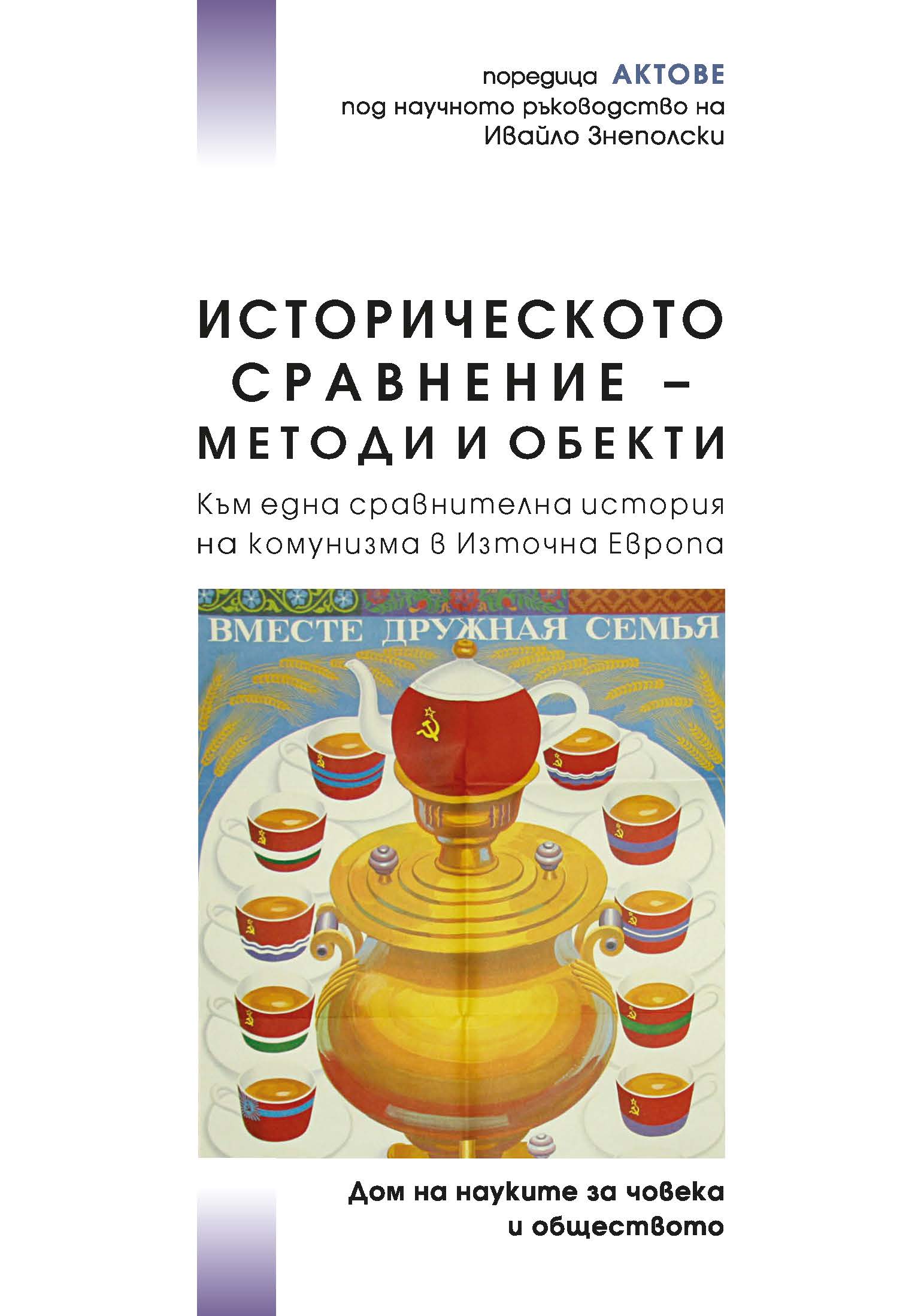




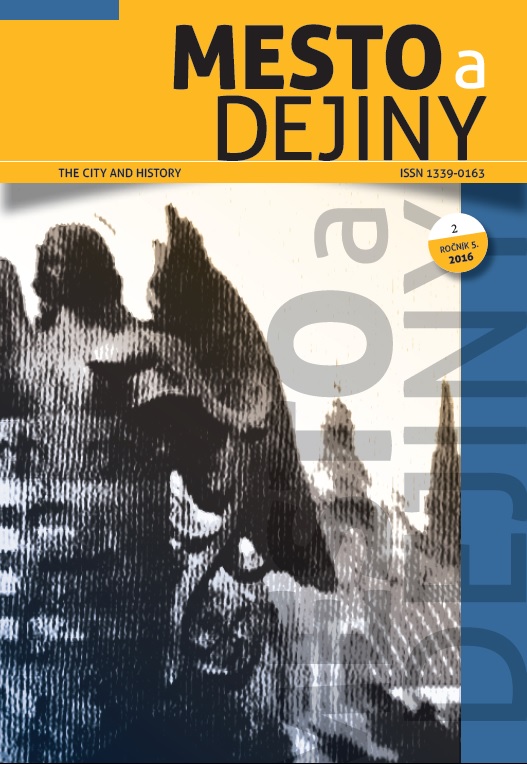
VAJDA, BARNABÁS – GAUCSÍK, ISTVÁN (EDS.). VÁROSTÖRTÉNETI FEJEZETEK A CSEHSZLOVÁK SZOCIALIZMUS KORÁBÓL : AZ URBANIZÁCIÓ FORMÁI DÉL-SZLOVÁKIÁBAN. DZURIKANINOVÁ, NIKOLETA (ED.). VOJENSKÉ KONFLIKTY V DEJINÁCH EURÓPY. STRETNUTIE MLADÝCH HISTORIKOV V. ČOVAN, MIROSLAV. HISTORICKÉ NÁPISY ZO ŠARIŠA DO ROKU 1650. CORPUS INSCRIPTIONUM SLOVACIAE 1. NÁPISY NA SLOVENSKU. LAURENCE, RAY. ŘÍM V ROCE 300 N. L. – TURISTICKÝ PRŮVODCE PO STAROVĚKÉM SVĚTĚ. TATRANSKÝ, ADAM. STOROČIE KOŠICKÝCH ELEKTRIČIEK, 1913 – 2013. GLEJTEK, MIROSLAV – LABANC, PETER. CVIČENIE Z HISTORICKEJ CHRONOLÓGIE : SPÔSOBY DATOVANIA V STREDOVEKOM UHORSKU. GLEJTEK, MIROSLAV – LABANC, PETER. CVIČENIA ZO STREDOVEKEJ LATINSKEJ PALEOGRAFIE : UHORSKÉ LISTINNÉ PÍSMO V 13. - 16. STOROČÍ.
More...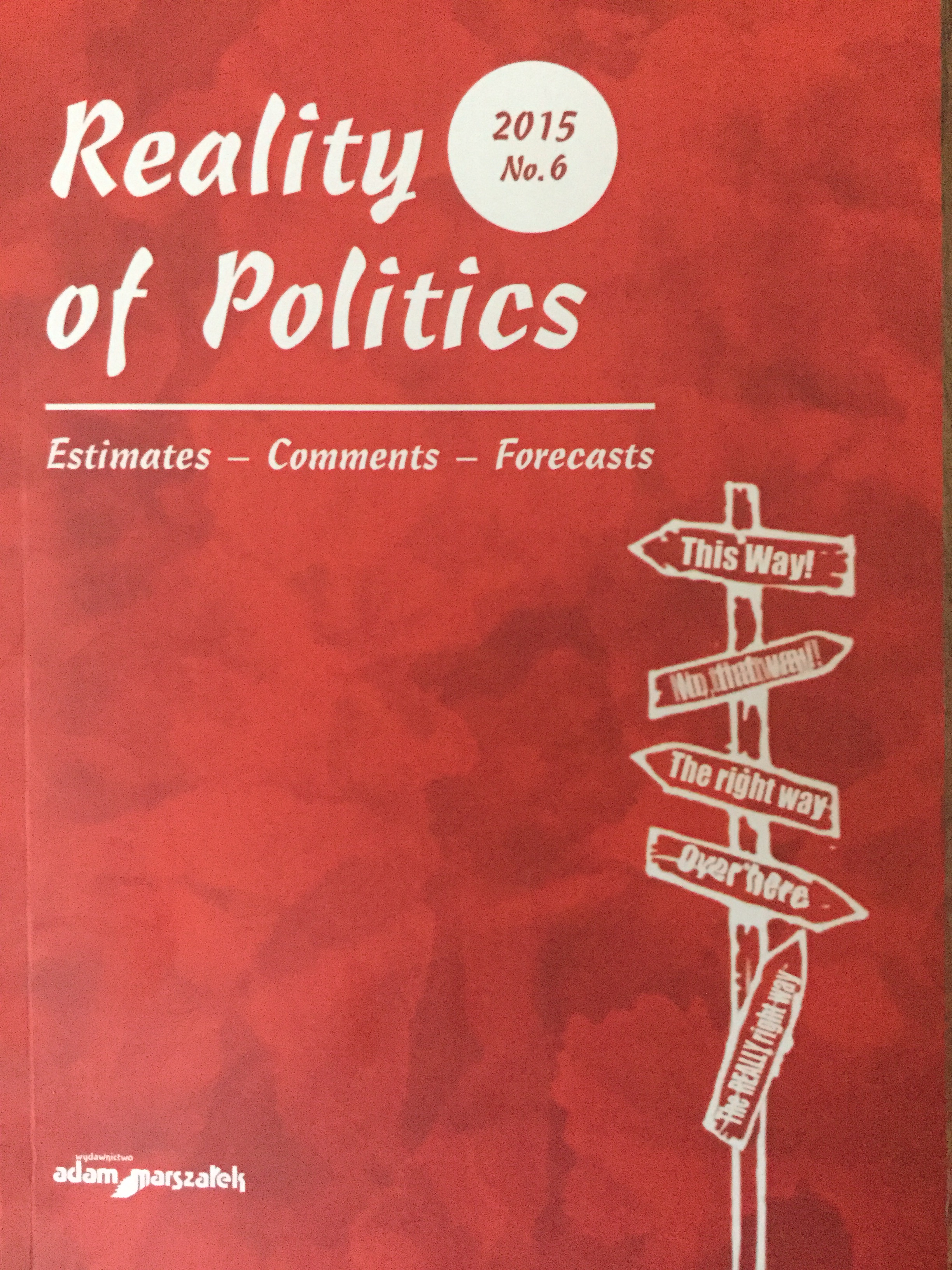

Health care in Szczecin in the years 1945–1946 in a culminating way illustrating with its ruined landscape sanitary problems of West Pomerania can be taken for a epitome of the post-war overall Pomeranian situation. Both the length of the World War Two and its repercussions were to thoroughly revise many spheres in the life of the inhabitants of Szczecin and Pomerania, including the German population, and finally they brought about a loss of the illusion of living in a little homeland, a ‘back country’ (German: Hinterland), which seemed not to be threatened with an attack of foreign troops. Death of hundreds of thousands of people and the annihilation in the industry, economy and culture of the region and its capital were just a sort of sad accompaniment for the general health of the society in Pomerania of the time.
More...
The end of the II WW brought Poland into the USSR’s influence zone. The 1940s was a decade which institutionalised the communist power imposed on every area of people’s lives. One of the most difficult task to implement was the secularization of polish society. Catholic world-view was one of the major factors that influenced their behaviour and way of thinking and meaningfully contrasted with atheism ‘recommended’ by the communists. That is why one of the Security Service priorities was clergy surveillance and repressions referred to undermine clergy’s authority as well as pulling back the believers away from the Roman Catholic Church learning. Those operations were equal in action in the whole country, including Koszalin Province, which was constituted in the summer of 1950.
More...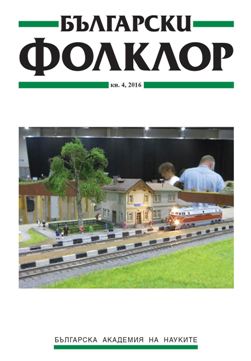
The gradual joining of the post-socialist states to the European Union turned out to be a long and comparatively difficult process. The inclusion of these states in the structures of the Union is not just a political, economic and juridical act, but also an act containing cultural dimensions. It is important to know the historically determined social and cultural specifics of these states and to evaluate the possible impact resulting from them in order to understand and analyze the specific route of development of the post-socialist societies within the European Union. The present article aims at the revealing of some of these peculiarities present at the level of the everyday culture and stemming from the social logic of everyday life. They are integral elements of the cultural system and of the identity, being at the same time not constant and, as the practice shows, liable to change under certain conditions. The text analyzes the apprehension and the attitudes to the private and public sphere, the ways to build trust and social capital, as well as the role and the meaning of the informal nets of relations in the post-socialist societies. It also follows the changes in the mentioned above cultural characteristics after 1989 and studies the reasons for the dissimilarities in the processes of change in the different states.
More...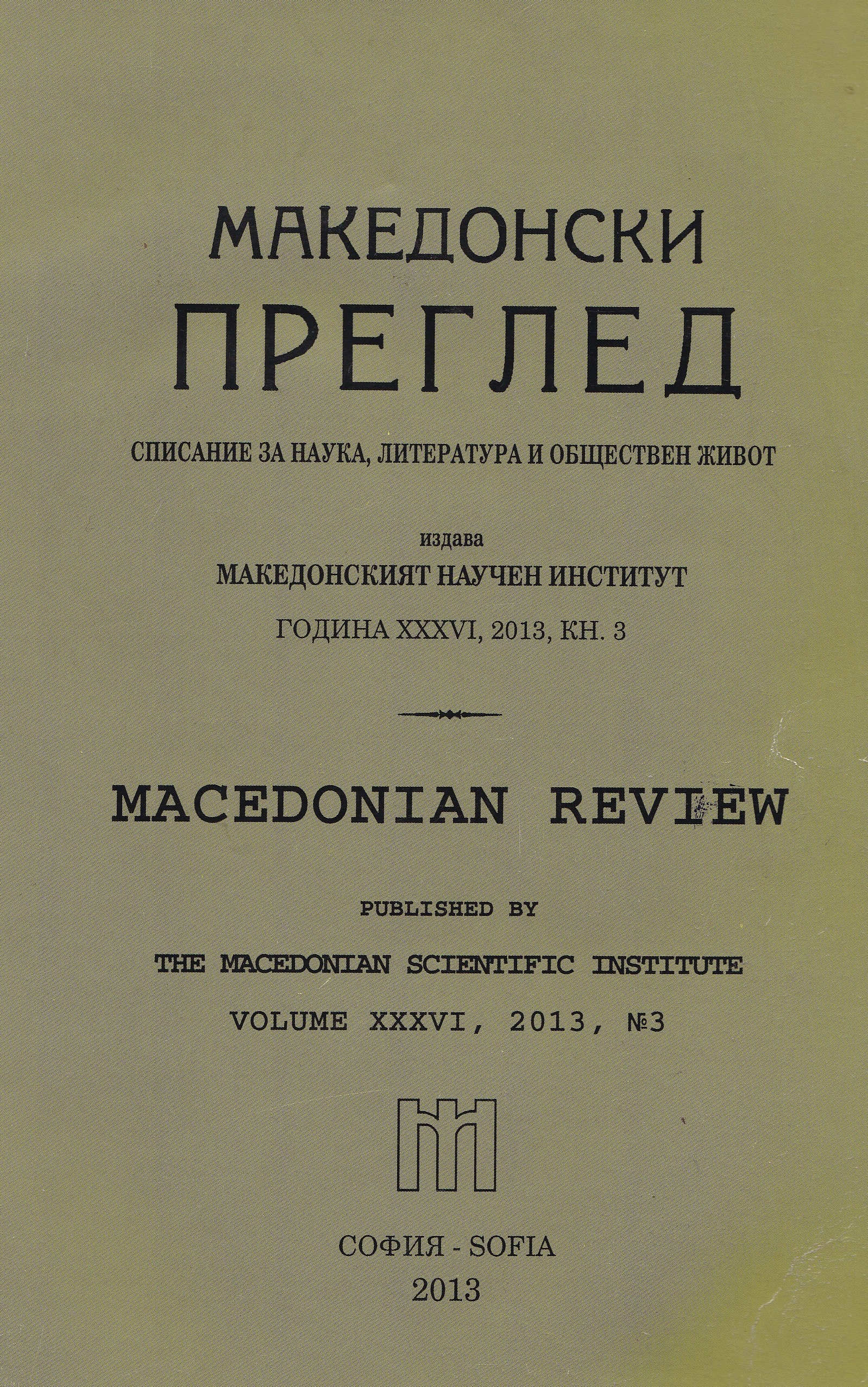
The Republic of Macedonia exists on the European political map for more than two decades. For this not short time period, very few things in the young country have changed.
More...
